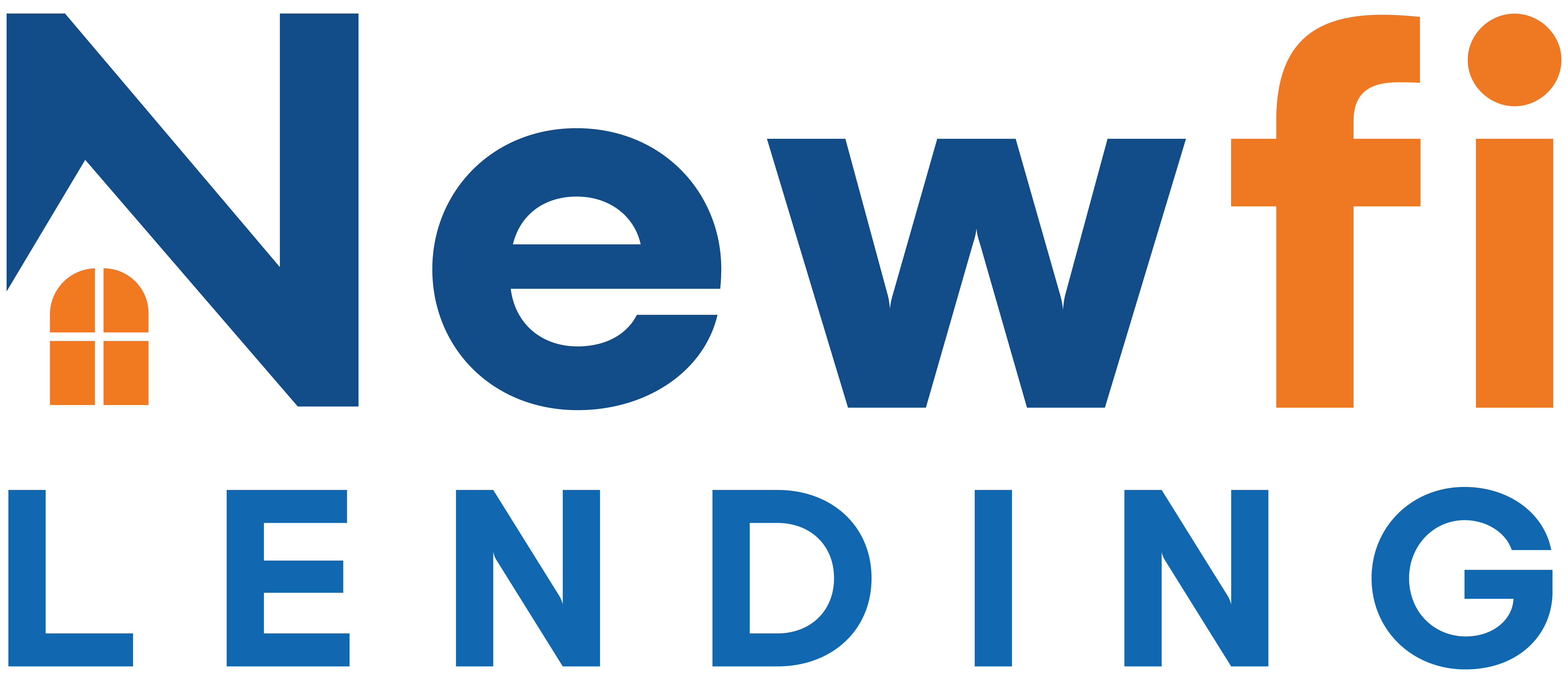Don’t leave your down payment for the last minute. Gathering funds as soon as possible will save you time and energy later.
If you’re shopping for a house, you should already be thinking about your down payment.
Partially, this is because your down payment has a big impact on what you can afford. While there are many options for low down payment mortgages — with down payments as low as 3%, or even zero — the bigger the down payment you have, the more flexibility you have.
But when you do find the home you like, you’re going to want to make sure that your down payment is already gathered together as much as you can and fully documented, so that underwriters — the people at your lender who ultimately decide whether your loan can go forward — can quickly understand and decide on your loan.
So how can you do this? Here’s a quick list of dos and don’ts to get yourself ready for mortgage underwriting and approval.
Down Payment Do’s
- DO research your down payment assistance options. There are a number of national, state, and local down payment assistance programs available for first time homebuyers and others. Talk to your loan officer or realtor about which ones you may be eligible for.
- DO know how gift funds are treated differently, and document them. Gift funds are financial contributions to your down payment from immediate family members. For FHA loans, gift funds can also come from organizations like employers, charities, or governmental institutions. Different loan programs will allow different amounts of gift funds as part of your down payment — for example, FHA loans allow 100% of your down payment to come from gift funds. All gift funds must be documented by a gift letter (see a sample) stating the amount of the gift and attesting that the gift is truly a gift, and not a loan in disguise. You loan officer can provide you with a copy of this letter.
- DO consider your IRA as a funding source. If you’re a first time homebuyer, or you haven’t owned a home in two years, you can withdraw $10,000 from your IRA for the purchase of a new home without penalty. Note that you need to use those funds within 120 days of withdrawal, so don’t pull them out until you’re sure you’re going to use them. (If your IRA is a Roth IRA, you will need to have had the IRA for at least 5 years.)
- DO put all your down payment funds in one account as soon as possible. Underwriters — the people at mortgage companies who decide if you get approved for your mortgage — have to understand the source and movement of all your down payment funds going back at least 60 days. The more sources of funds you have, the more places that need to be documented — which can cause closing delays. To make things easier, gather your money in one bank account — the one you plan to make your final payment from — as soon as you can.
- DO use your credit as usual and make all your payments on time. Late payments can hurt your credit situation, and you don’t want that. You especially don’t want to be late on any big ticket payments, such as for mortgages or cars.
- DO call us. If you have any questions at all, contact your Loan Officer!
Down Payment Don’ts
- DON’T change your credit situation. Don’t apply for new lines of credit, max out your credit cards, consolidate your debt, or take other actions that will affect your credit score.
- DON’T add a new source of funds at the last minute. Every source of funds for your down payment needs to be documented and verified by your lender. (This process is sometimes called “sourcing.”) When you add another account, your lender will need to see bank statements for the previous 60 days and verify where that money came from, slowing down your closing.
- DON’T make large unexplainable deposits. Underwriters will question the source and movements of any mysterious cash that appears in your accounts. You will need to establish a paper trail for the source of those funds.
If you have any questions about how to handle down payments, just talk to us Newfi. You can call us at 888-316-3934 or use our contact form.

